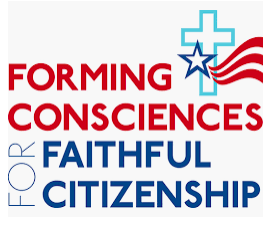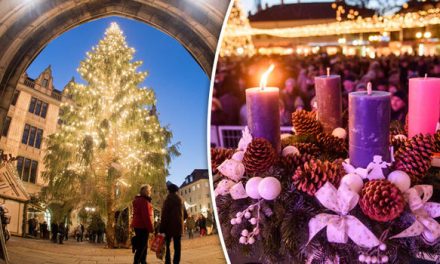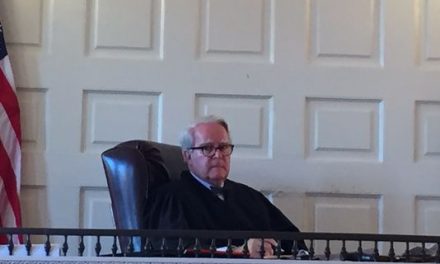
In Forming Consciences for Faithful Citizenship, the US Bishops argue that “responsible citizenship is a virtue, and participation in political life is a moral obligation” (13). They go on to say that political participation is a way to “bear Christian witness” (13). In a culture that is often framed as individualistic and materialistic, these reminders from the US bishops serve to help Catholic voters think in fresh ways about how our political action (whether simply voting, or contributing or volunteering for a campaign) can make the world more just. Then Forming Consciences for Faithful Citizenship cites the Catechism, nos 1913-1915, reminding us that the telos of politics is the common good:
“It is necessary that all participate, each according to his [sic] position and role, in promoting the common good. This obligation is inherent in the dignity of the human person… As far as possible citizens should take an active part in public life.”
As we move toward Election Day on November 3 in the US, there is no doubt that partisan rhetoric and campaigning will capture our attention and consume our energy. How can people of faith navigate these conversations? Which virtues must we cultivate and what information do we need to process thoughtfully in order to understand the issues at stake in this election? How can we bring our concerns for the common good to prayer?
In a series that we are calling “Conscience at the Polls,” CMT bloggers will be writing about conscience formation during the 2020 Presidential election in the US. We invite our readers to review our CMT mission statement here, especially if you want to join the dialogue in the comment threads. As I think about my own contribution to this project, I name my positionality. I am a white, Catholic, college-educated female. I am a working mom. All of these aspects of my identity shape my being-in-the-world and my moral judgments on political questions. I am a Catholic theologian who seeks to place my training at the service of the Church, academy, and world. Truth-telling, courage, charity, and humility must work together. Our series will be written for readers who are willing to ask hard questions about their own religious and political viewpoints, who are willing to admit that life is complicated and messy, and who are tired of simplistic answers to thorny problems.
As I introduce this series, here are some things I think are pretty obvious that nevertheless must be stated from the beginning:
- Neither political party in the US aligns perfectly with authoritative Catholic teachings on every issue.
- Catholics should not be single-issue voters.
- A well-formed conscience must attend to a broad range of data, including not only campaign promises and current threats to the common good but also the politician’s character, virtues, and vices.
- Your priest can’t tell you how to vote. Each voter must do the hard work of conscience discernment.
- One should always be willing to re-evaluate one’s position in the light of new evidence.
- Proportionate judgment will be necessary to employ when casting one’s vote.
I would like to encourage us to avoid using “political” as a negative, derogatory adjective. I am guilty of this myself, when I roll my eyes at “department politics” or “church politics.” Certainly, we know that campaigns frequently use negative advertising, fear-based rhetoric, and the like in their messaging. Attempts at voter suppression and election interference are very real. Many people will say they “hate politics” because they associate politics with abuse of power, lack of trust, and conflict.
But if we remind ourselves that the end of politics is always the common good, we can reframe our attitude about the value of political engagement and the risk of involvement. Discernment about voting should be about how I can use my vote to serve others. Political participation should be about how I can make my community and my country a better place for all.
So we hope you check back weekly for new posts in this series. We are excited to think through complex issues together as a community of moral theologians during a very difficult time in US history.




Trackbacks/Pingbacks